People have gone on for ages about what makes the new Doom so fantastic, and I agree with the majority of what's being said. It feels really good, it's self-aware in all the right ways, and it has combat arenas that are so satisfying to metaphorically dance around. I have a couple gripes that knocked it down my own personal list though.
First, the collectible and progression systems in the game absolutely ruin the pacing. There are so many secrets and challenges that are directly linked to power progression, and are constantly reinforced with UI cues that the game practically begs you to find and complete them all. That's fine in, say, a Bioshock game where methodically moving through each level is what the game is striving for. Doom isn't. This is a raw-as-fuck, balls-to-the-wall blitz through every demon butthole you can find. But then it'll ask you to do specific kill animations on specific enemies. This turns into a painstakingly slow process of taking your time killing hordes, picking off the undesirables, then methodically killing the challenge victims. It feels bad, and ruins the momentum completely. Same goes for collectibles, but they're the nostalgic throwback from which this game breathes. So I'll give id Software that.
Second, Doom has a really strong opening half (documented, again, several times by numerous games personalities), but drops off considerably in quality as the game progresses. The majority of the self-aware humour is frontloaded. The majority of the enemy introductions are frontloaded. The majority of the weapon introductions are frontloaded. You get the idea. By the end of the game, you aren't seeing anything new, the game has mostly lost it's charming Doomguy-gives-no-fucks attitude, and the promising narrative disappoints. I also found the boss rush at the end of the game totally perplexing; for the most part, they're alright bosses, but why are they all in the later half? It feels like the first half of the game was developed in isolation from the second half of the game.
Doom still plays great though, and that's why it's on this list; however, the first impression is much stronger than where the credits leave you.
Also, Wolfenstein: The New Order is totally the better id Software classic reinterpretation. *raises fists defensively*

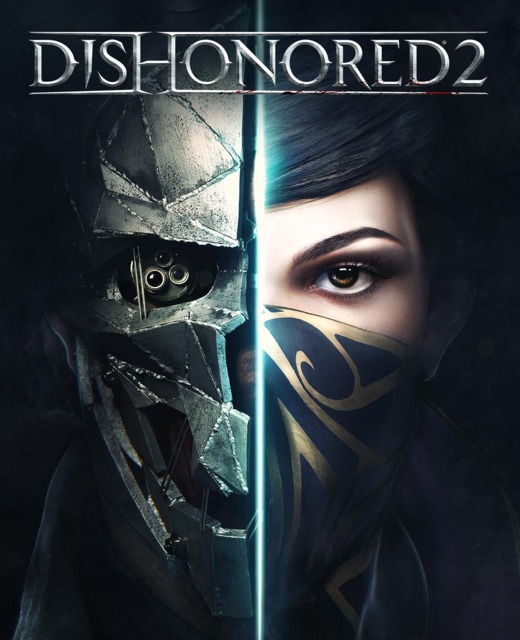
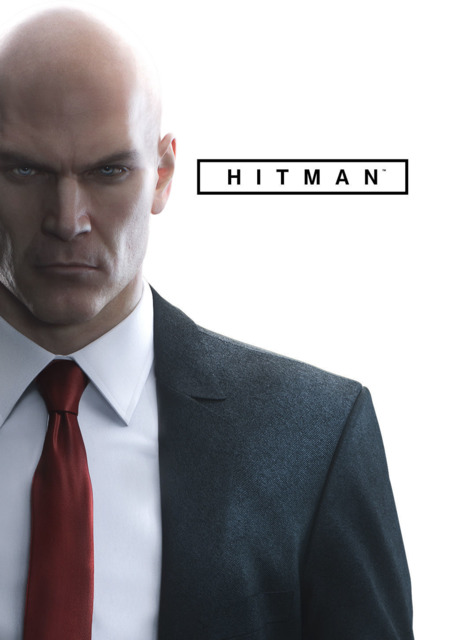
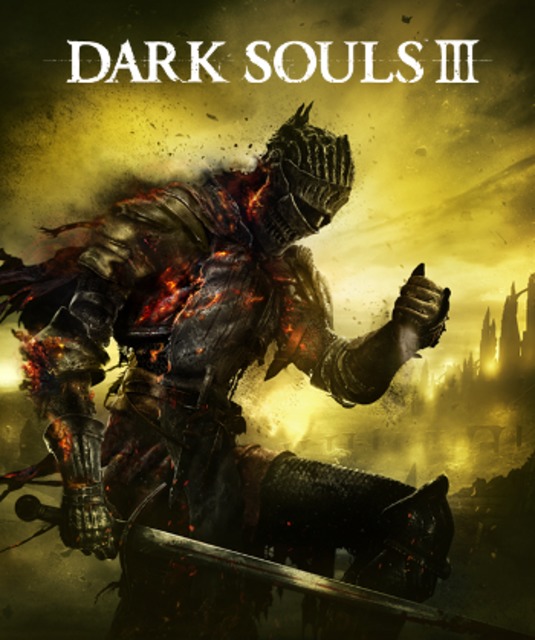
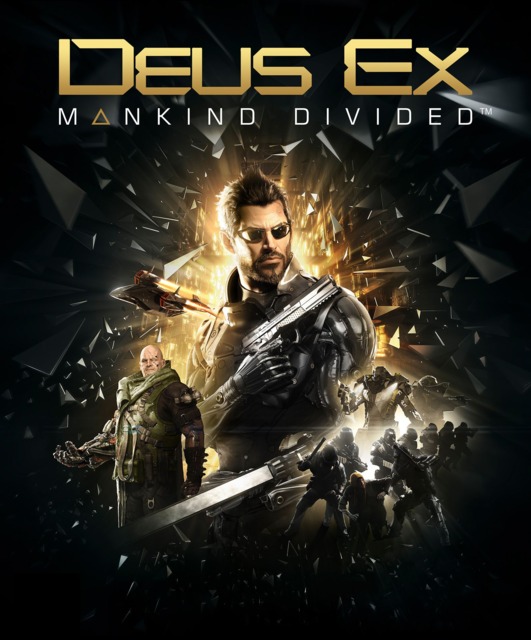
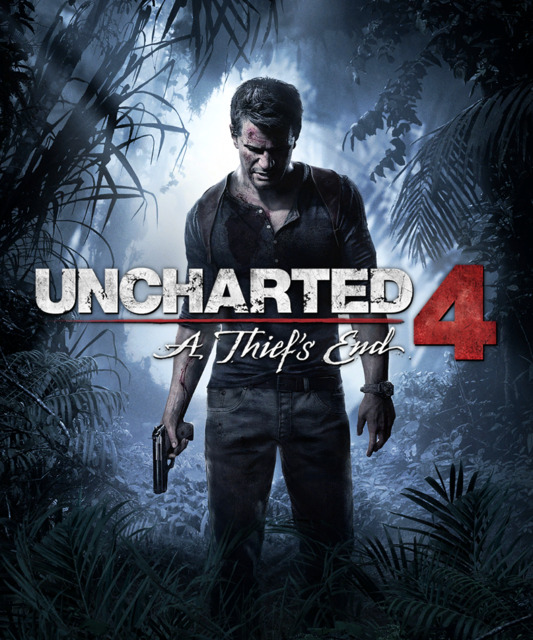
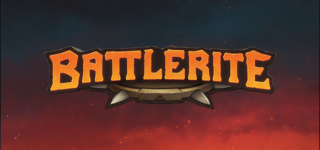
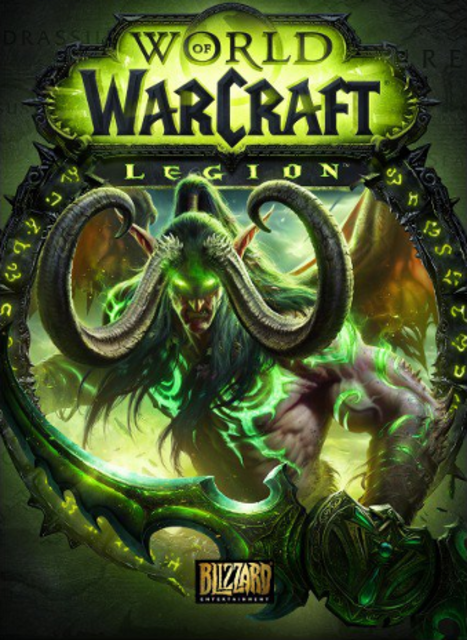
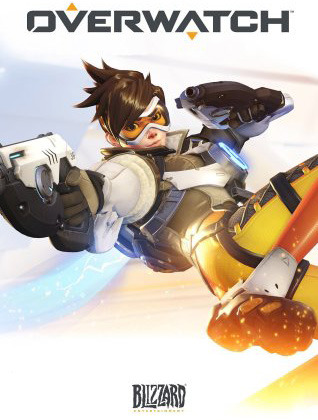
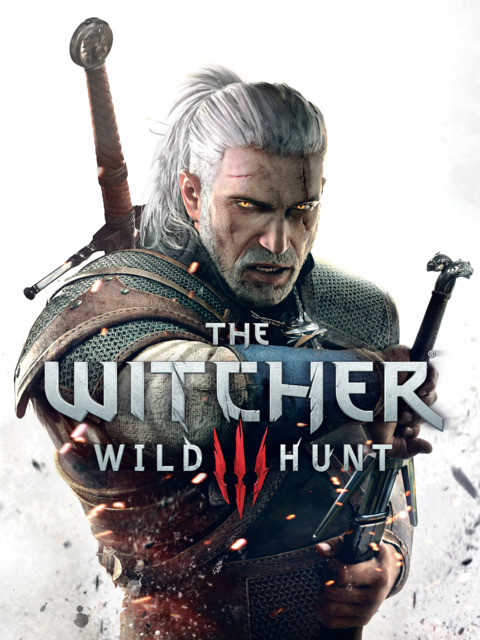
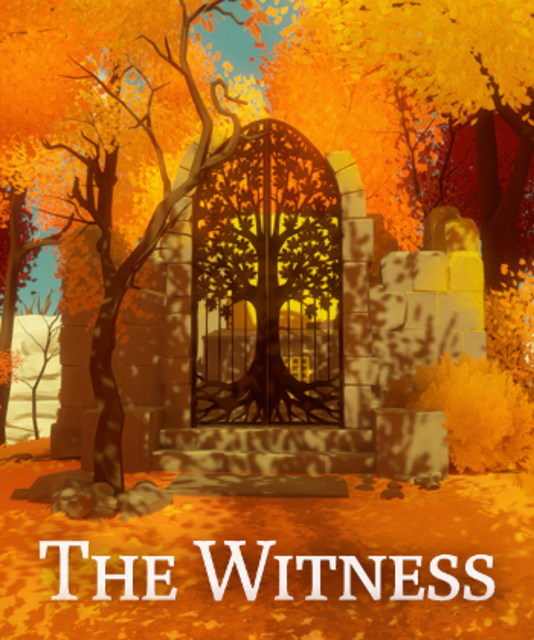
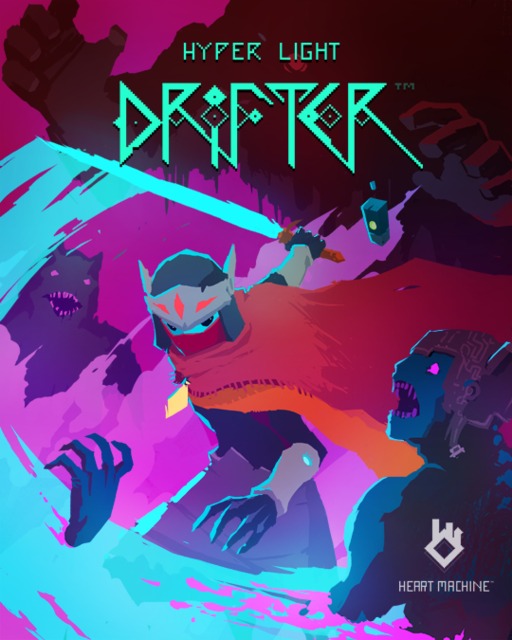
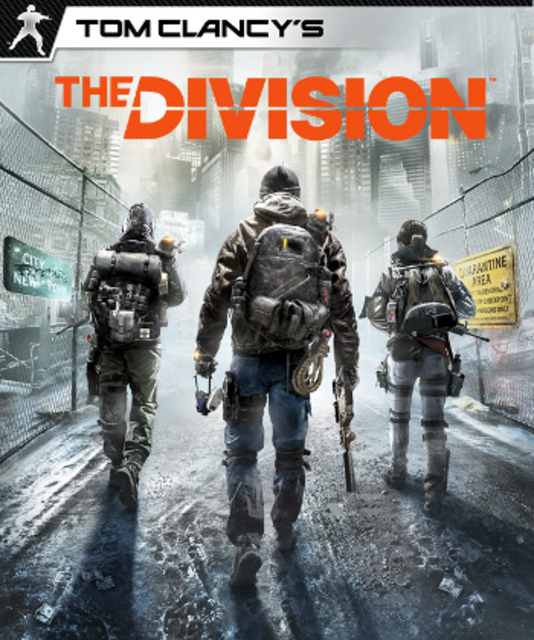
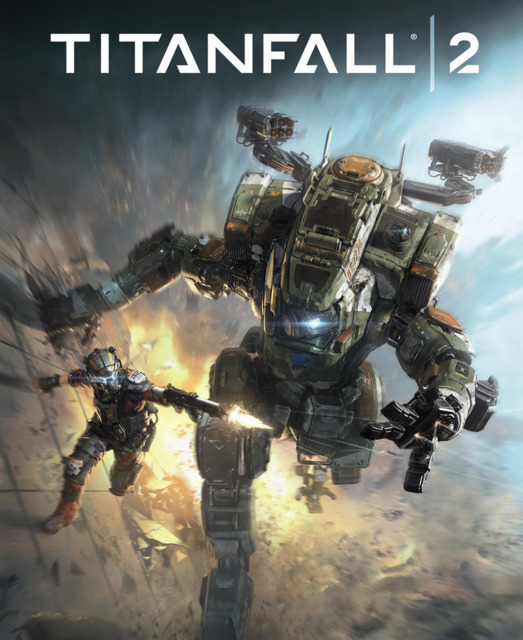
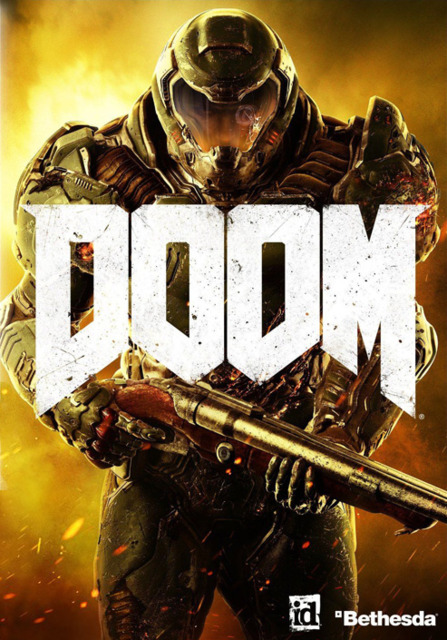
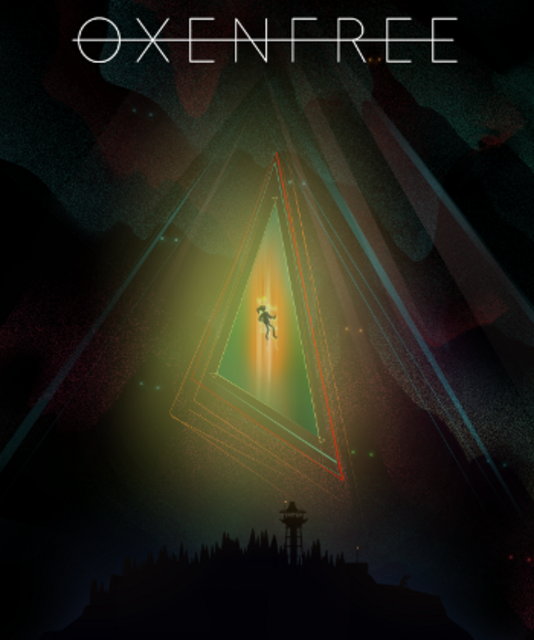
0 Comments